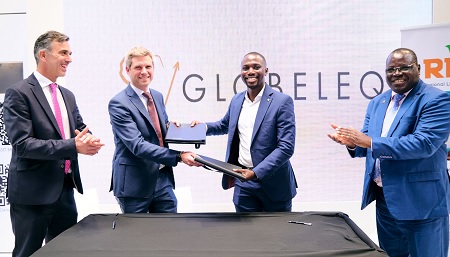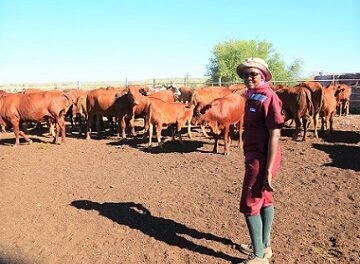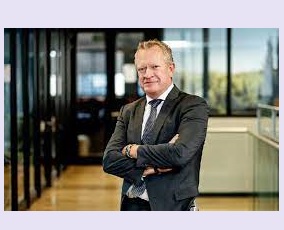Nairobi-based pan-African insurer, African Trade and Investment Development Insurance (ATIDI) has provided a political risk insurance cover for Globeleq’s 35 MW Menengai Geothermal power project in Kenya.
This support will be extended via the Regional Liquidity Support Facility (RLSF), a joint effort by ATIDI, KfW Development Bank, and the Norwegian Agency for Development Cooperation (Norad). It helps renewable energy Independent Power Producers (IPPs).
The project, the first to be considered for RLSF cover in Kenya, is valued at USD117 million with financing being provided by the African Development Bank (AfDB), the Eastern and Southern African Development Bank (TDB), the Finish Fund for Industrial Cooperation (Finnfund), and equity from the project owners, Globeleq.
The proposed RLSF policy will cover the risk of payment default by the national utility, Kenya Power & Lighting Company (KPLC) and Geothermal Development Corporation (GDC), a government-owned company formed to accelerate the development of geothermal resources in Kenya.
Steam will be supplied to the project by GDC under the terms of a 25-year power implementation and steam supply agreement, whilst the electricity generated will be sold exclusively to KPLC under a power purchase agreement for the same duration. The Project Company also benefits from a Letter of Support from the Government of Kenya.
Commenting on the deal, ATIDI CEO Manuel Moses stated, “We are excited to work with Globeleq, KPLC, GDC, and the Kenyan Government on this important project.
“This collaboration highlights our dedication to sustainable development and renewable energy in Kenya and the region. We are proud to support Kenya’s energy transition.”
Globeleq Interim CEO Jonathan Hoffman praised ATIDI for the landmark deal and pledged continued collaboration.
“RLSF is crucial for companies needing payment assurance to invest in major renewable projects like Menengai. This innovative product from ATIDI, KfW, and Norad offers vital liquidity support against payment defaults, enabling confident investment.”
Kenya became the tenth ATIDI member state to sign the RLSF MoU after Benin, Burundi, Côte d’Ivoire, Ghana, Madagascar, Malawi, Togo, Uganda and Zambia.
RLSF MoU aims to encourage collaboration between ATIDI and its member states in identifying, developing, and implementing renewable energy projects.
In addition, the objective of the RLSF MoU is to leverage each member state’s natural resources to generate clean and sustainable energy and reinforce its power generation and transmission capacity.
To date, RLSF policies have been approved in support of seven (7) renewable energy projects in Burundi, Malawi, Uganda and now in Kenya; enabling total financing of USD 323.7 million and a total installed electricity generation capacity of 171.3 MW, courtesy of USD 20.6 million worth of cover under the RLSF portfolio – achieving an impressive leverage or mobilization ratio of 16 times.
Kenya’s power sector benefits from active private investment and abundant renewable resources like hydro, wind, and geothermal energy. The government plans to increase electricity generation from 3,078 MW in 2023 to 5,000 MW by 2030. Geothermal projects will play a key role in this expansion.
ATIDI’s RLSF initiative helps ensure the stability of renewable energy projects. With this support, Kenya is on track to meet its goal of 100 percent clean energy by 2030.
In the photo: Officials of ATIDI and Globeleq signing the 35 MW Menengai Geothermal power project.







